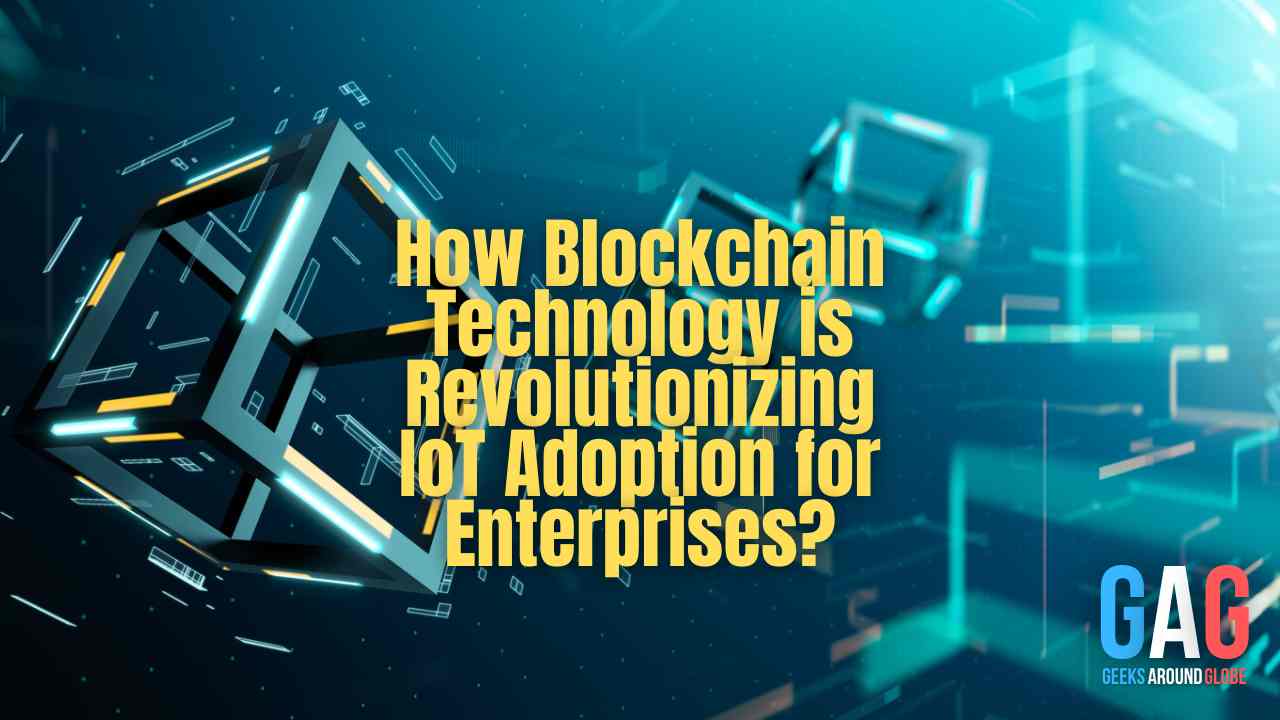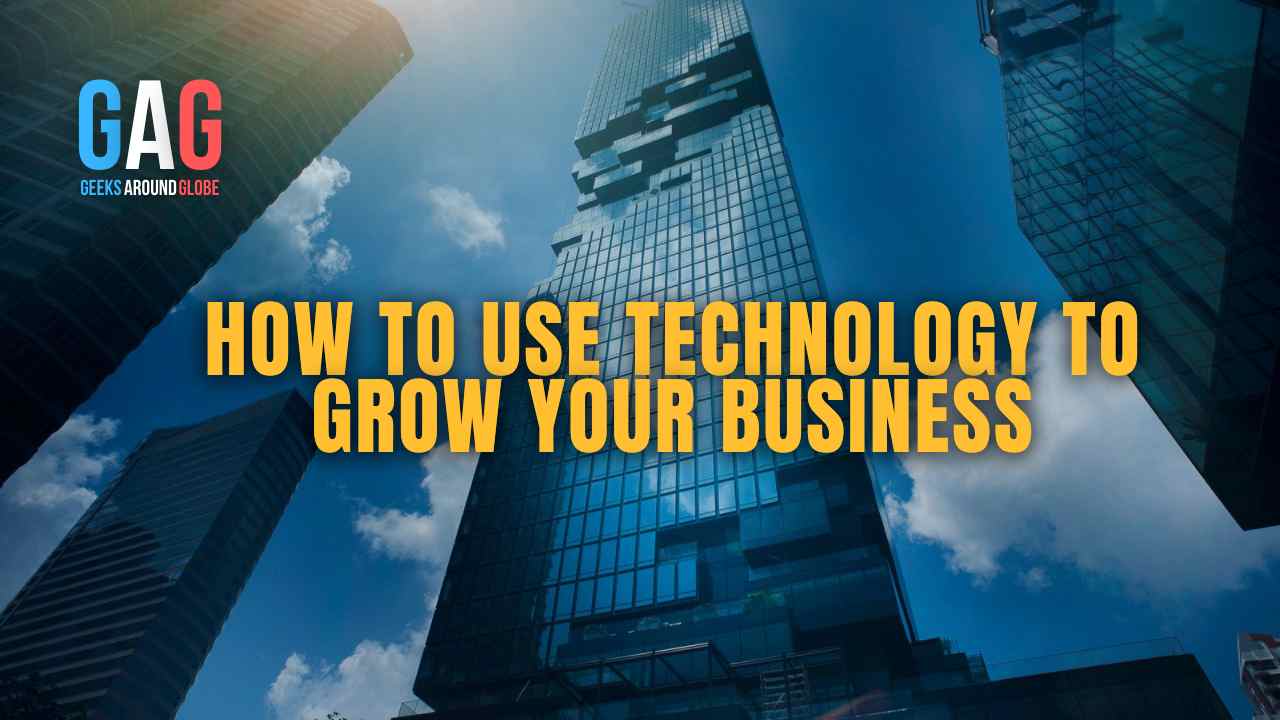Introduction
The Internet of Things not only connects people, places, and things, it also provides opportunities for data analytics and value creation. Advanced chips, actuators, and sensors are embedded into physical devices that transfer data into the IoT network. IoT analytics, machine learning, AI, use their data to convert insights into action, strike business processes, and encourage new modes of working. Although IoT runs rather smoothly, some security and technical concerns are to be addressed.
This is where blockchain comes into play. Blockchain has the ability to help direct some of the IoT scalability and security challenges. Internet of Things (IoT) and interconnectivity between smart devices are expected to grow at a rapid speed in the next coming years. Therefore, it is rather essential for companies and enterprises to take measures in improving security and scalability for good future endeavours. Blockchain helps them to secure their IoT security game and helps in maintaining a smooth operation.
What is Blockchain?
As the name indicates a blockchain collection of blocks that are integrated together with chains. With such a strategy the information is stored confidentially in encrypted blocks, therefore, making it significantly harder to hack or access the system without authorization. It is virtually a digital ledger of transactions that is duplicated and allocated across all networks of a system on the blockchain. Here, each block on the chain has the specifics about the separate number of transactions, and when the latest transaction occurs on the blockchain, the particular record of that transaction will be added to the participant’s ledger. In the ledger, transactions or events are validated and they can’t be amended or removed in due course. Blockchain is referred to as the ‘information game changer’, due to the vast benefits and capabilities it provides as a whole.
Blockchain is a type of database that has paved the way for many companies and enterprises to secure and scale their system overall. Some of the examples of major companies that have enabled blockchain are Walmart, Pfizer, Siemens, AIG, Unilever, etc.
Benefits of Blockchain in IoT
IoT and Blockchains are powerful by themselves. If companies or enterprises combine these two technologies, it can be leveraged by them in a far more incredible way. Below are the benefits of blockchain in IoT
- Accelerating Data Exchange– this is one of the main and leading benefits of blockchains in IoT. To handle the performance requirement of IoT, blockchain plays a critical role. A blockchain depreciates the time to authenticate transactions by leveraging trusted nodes and thus it can manage the pace of IoT data exchange.
- Enhanced Security– security is one of the intuitive attributes of blockchain. It has the ability or the skill to legitimize data and makes sure it comes from a trusted source. Implementing blockchains can strengthen privacy agreements and enhance secure communications. It is a huge benefit to have a trusted ledger that shows who has access and who is managing all the records of the transaction. To fully guarantee security, blockchain software development process include integration of multiple security protocols, so as to prevent unauthorized access and other malware attacks.
- Much Lower Costs– reducing operational costs is one of the main benefits of blockchains in IoT. Business expenses are much lower as blockchains allow data to be yielded on a peer-to-peer basis, without centralizing control.
- Streamlines Accounting– One of the departments that can benefit so much from the transparency laid out by blockchain is accounting. It’s very vital for enterprises to know which all companies and organizations are sending data or money across a linear chain, and blockchains can help with that.
- A More Structured Supply Chain– Making supply chains more efficient is the number one priority for most enterprises. But different economic and global challenges make this process more difficult. Here, blockchain allows enterprises to build a steady supply chain.
How is Blockchain Revolutionizing the Internet of Things Adoption?
- Tamper-Proof Ledger– The ledger in the blockchain system is tamper-proof and the involved parties can trust the system a hundred percent. No organization will be able to tamper with the data accumulated from interconnected IoT devices.
- Locked In– Using blockchain would actually add one more layer to the IoT data and it secures the data even more as the hackers would find it difficult to get past it and get access over the network. Blockchain secures the information or data with a high priority encryption, hence making it impossible to overwrite or hack the existing data records.
- Provides Transparency– The other advantage of blockchain is that it provides transparency. It allows the users to gain access to the network and track the transactions that happened in the past
- Fast Transactions– Blockchain can authorize the fast processing of transactions among billions of devices.
- Enables Trust– Blockchain also provides a way to enable trust among the stakeholders. It also allows companies to reduce costs by getting rid of the process overheads, which is related to IoT gateways.
Conclusion
From cryptocurrencies to IoT services, blockchain technology has found potential in several advanced technologies. It has changed the game for storing personal information and how transactions for goods and services are made. This type of technology affects almost every industry in the world, including, retail, transportation, healthcare, real estate, manufacturing, etc. With blockchain, your enterprise too can welcome the new age of digital security.
Author Bio
Feril Mohammed Hazem is an industry expert and a professional writer working at ThinkPalm Technologies. He has a keen interest in AI. He is fascinated by futuristic technology and its ways. Off the screen, he is a movie buff, likes playing basketball and listening to music.







